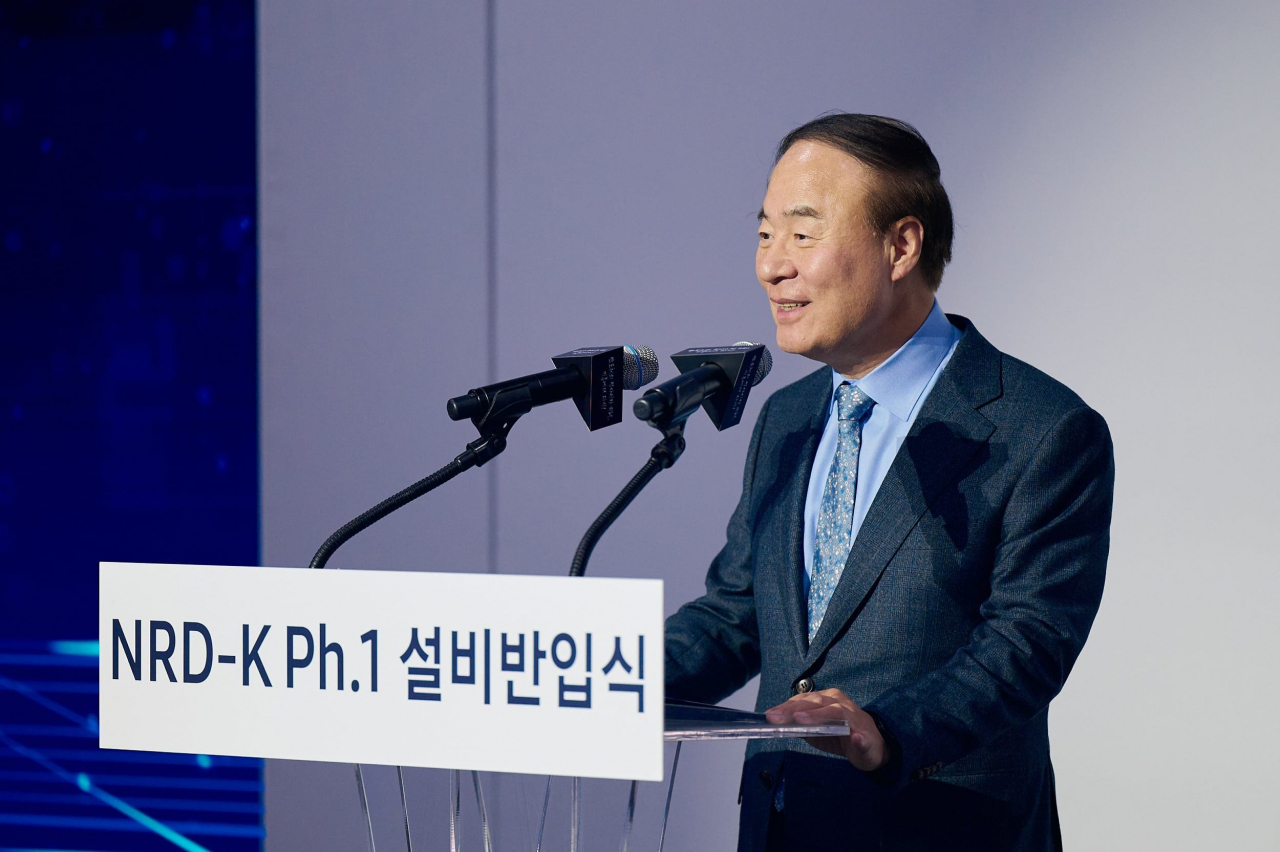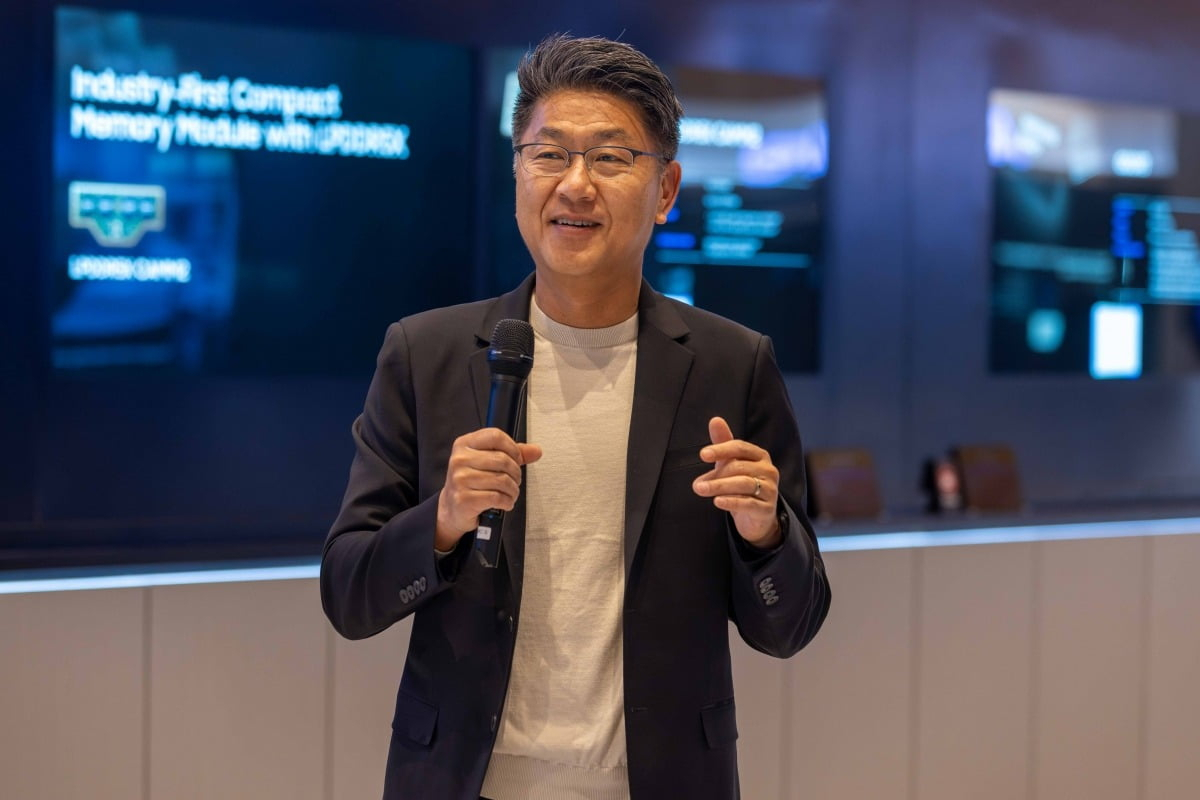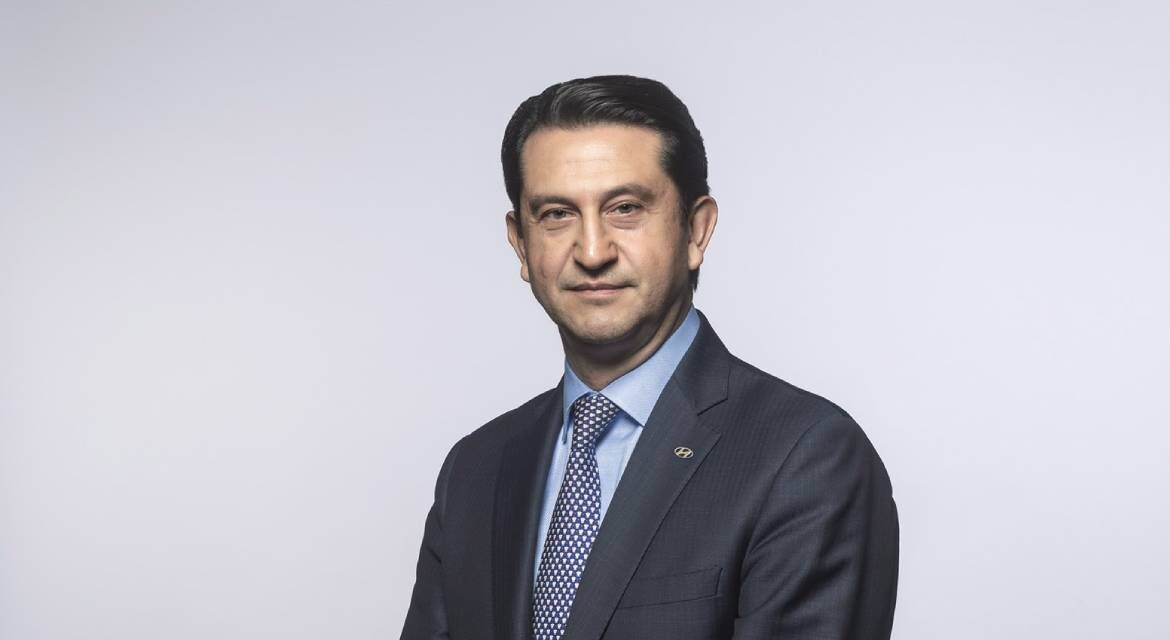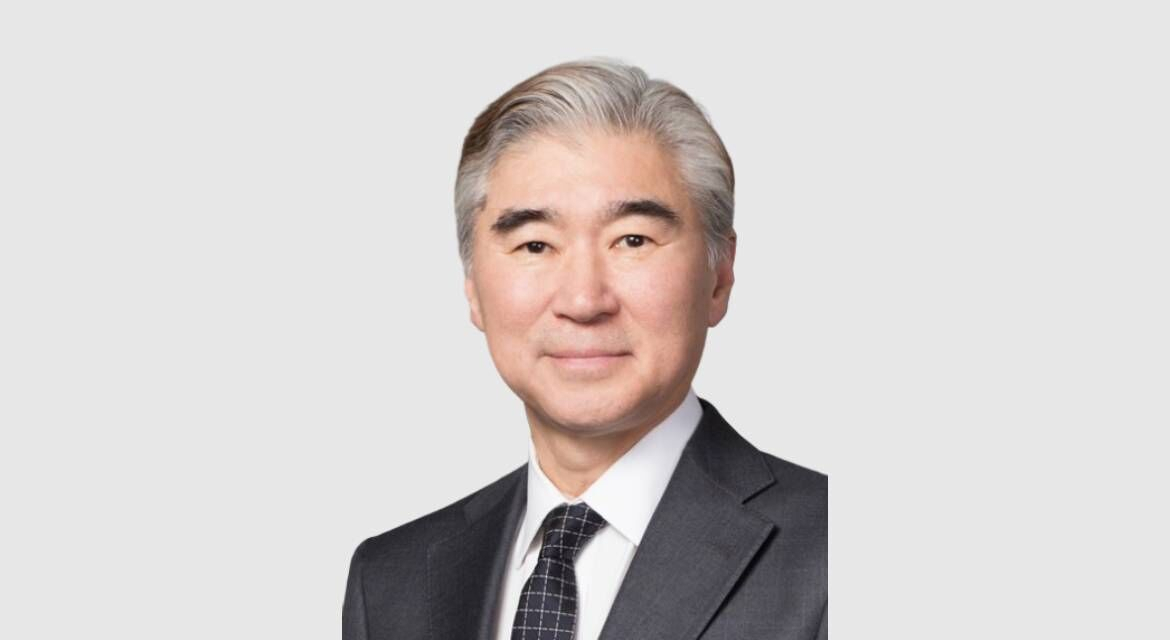Industrials
Diverging exec shakeups: Samsung backs veterans; Hyundai rings changes
Year-end executive reshuffles often serve as a barometer of a company’s present challenges and future ambitions. This year, Samsung Electronics and Hyundai Motor Group, two of South Korea's leading chaebol, unveiled contrasting leadership strategies to navigate the challenges of 2025.
Observers note that Samsung opted for minimal changes, retaining many familiar faces, while automaker Hyundai broke tradition by embracing change, including appointing its first foreign CEO.
 |
Samsung Electronics Vice Chairman Jun Young-hyun (Samsung Electronics) |
Samsung: Uncertain times call for veterans
Samsung’s leadership overhaul this year focused on its ailing semiconductor business, the Device Solutions division, replacing the chiefs of its memory and foundry arms. The changes come as the tech giant faces challenges in advanced AI memory chips, where it lags behind its smaller rival SK hynix, and in its foundry business, which is losing market share to industry leader Taiwan's TSMC.
In addressing these challenges, Samsung opted to rely on experienced veterans. Vice Chairman Jun Young-hyun, who was appointed head of the DS division in May and has openly acknowledged the company’s “chip crisis,” was named co-CEO and tasked with directly leading the memory chip business. Jun previously headed the memory unit from 2014 to 2017.
Despite Jun’s proven track record in DRAM technology, critics argue that this decision reflects a lack of fresh innovation as Samsung navigates the complexities of the AI-driven chip era.
“The semiconductor game has fundamentally shifted,” said Park Ju-geun, head of Leaders Index, a corporate research group based in Seoul. “A decade ago, during Jun’s first tenure as memory chief, the market was supplier-driven -- high-quality products sold themselves. Now, the industry is demand-driven, and TSMC’s rise exemplifies this transition.”
 |
Han Jin-man, chief of foundry division at Samsung Electronics (Samsung Electronics) |
In the foundry business, Han Jin-man, former executive vice president and president of Device Solutions America, was promoted to president to lead the struggling unit. The division also appointed its first-ever chief technology officer, Nam Seok-woo, previously head of chip factory engineering and operations, in a move aimed at bolstering its technological capabilities.
The challenges are steep: The foundry unit continues to face yield issues in advanced processes and struggles to secure major clients, posting losses exceeding 1 trillion won ($697.9 billion) per quarter.
“By promoting Han, Samsung aims to strengthen its foundry division, which remains a major concern for the firm as it lags behind TSMC,” said Hwang Yong-sik, a professor at Sejong University’s College of Business and Economics. “This is part of its strategy to reclaim its past leadership position.”
Samsung also retained Vice Chairman Chung Hyun-ho as head of its Business Support Task Force, a decision that disappointed analysts who had anticipated his departure.
“Despite its position as a leading tech company, Samsung’s reshuffle feels outdated,” Park added. “Vice Chairman Jun has highlighted three major concerns: fundamental technological competitiveness, lack of future vision, and organizational bureaucratization. Yet none of these concerns seem to be addressed in the reshuffle.”
Hyundai Motor: Young and new
 |
Jose Munoz, President and CEO of Hyundai Motor Company (Hyundai Motor Company) |
In contrast, Hyundai Motor Group implemented bold changes, including the unprecedented appointment of Jose Munoz, head of the carmaker’s US business and global chief operating officer, as its first non-Korean CEO.
This decision appears to be a strategic move to address changing US policies, particularly under a second Trump administration, which has proposed cutting tax incentives for electric vehicles. Hyundai, which has invested billions in the US to comply with Biden-era Inflation Reduction Act rules, sees Munoz’s leadership as crucial in navigating the new political landscape.
Hyundai also brought in US experts, including Sung Kim, a former US diplomat and special representative for North Korea, as president of the group’s external affairs and public relations division.
 |
Sung Kim, President at Hyundai Motor Company (Hyundai Motor Company) |
“The announcement of the new CEO was made in November, much earlier than Hyundai’s usual reshuffle around Christmas,” said CEO Park. “Hyundai appears to be proactively preparing for a potential second Trump administration, moving faster than other companies.”
The reshuffle also showcased a significant generational shift in Hyundai’s leadership. Executives in their 40s accounted for 41 percent of the 239 newly promoted executives across the group’s affiliates, including Hyundai Motor, Kia, and Hyundai Mobis. This marks a near doubling from 21 percent in 2020.
By Ahn Sung-mi (sahn@heraldcorp.com)








